#world war ii film
Text
On February 1, 1968 The Dirty Dozen debuted in Norway.





#the dirty dozen 1967#the dirty dozen#lee marvin#donald sutherland#trini lopez#jim brown#charles bronson#wwii#wwii movies#wwii film#world war ii#world war ii film#western front film#action thriller#action movies#action film#action movie#cult classic#exploitation films#movie art#art#drawing#movie history#pop art#modern art#pop surrealism#cult movies#portrait#cult film
7 notes
·
View notes
Text




September 8, 1942 — "HEDY LAMARR SPURS WAR BOND SALE! The glamorous star makes personal appearance before thousands of admiring fans in Newark, New Jersey, as drive, slated for the entire country, goes into high gear."
#marciabrady#filmedit#film#classicfilmedit#oldhollywoodedit#world war ii#wwii#hedy lamarr#1940s#mygifs*#newsreels*
2K notes
·
View notes
Text
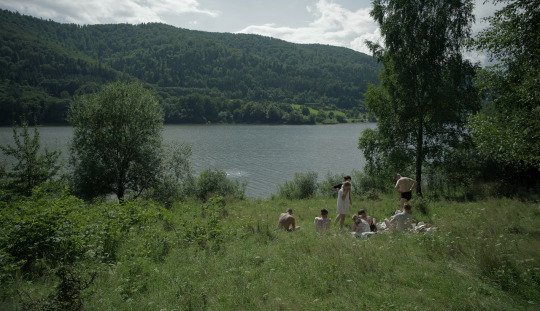


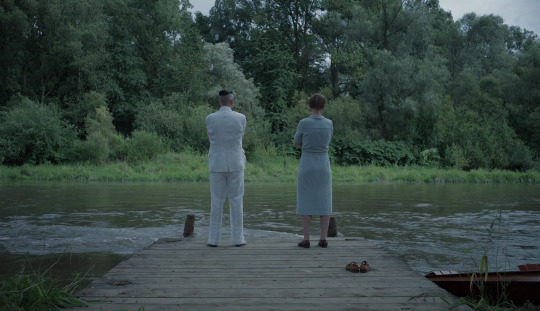


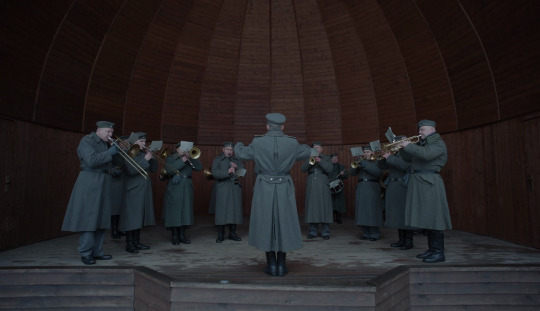
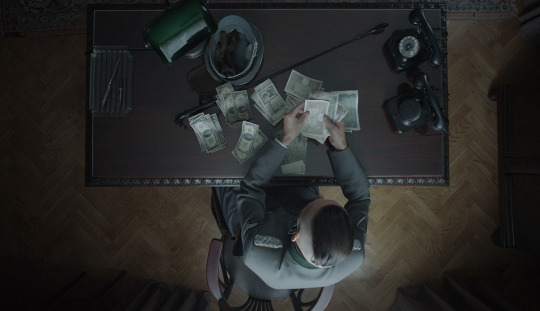
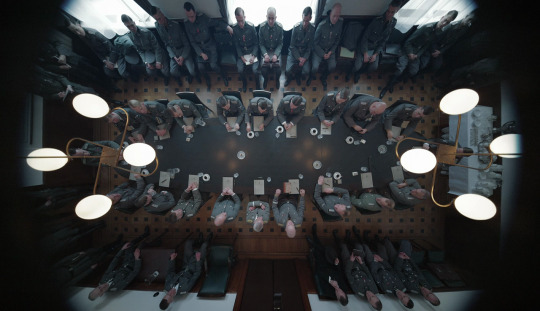
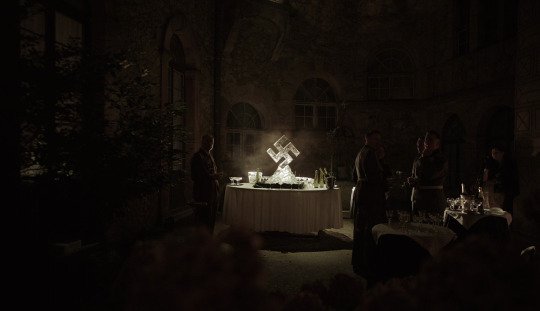
The Zone of Interest (Jonathan Glazer, 2023)
#Films watched in 2024#The Zone of Interest#Glazer#Jonathan Glazer#Oscar#2023#Sandra Huller#Sandra Hüller#long shot#nazism#seis#Christian Friedel#drama#war#holocaust#world war ii#symmetry
358 notes
·
View notes
Text
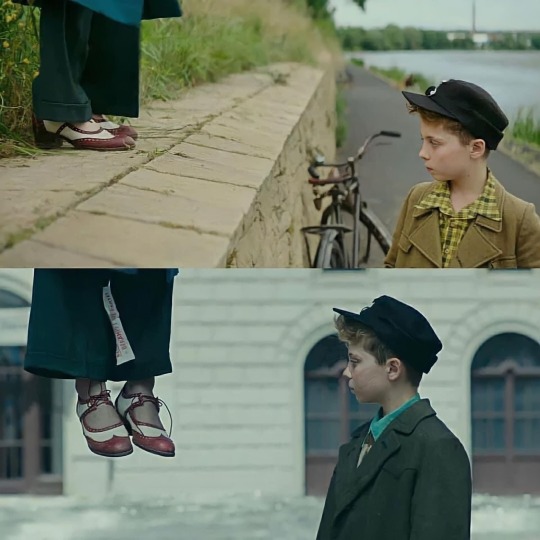
Dancing is for people who are free.
— Jojo Rabbit (2019)
dir. Taika Waititi
#if you know you know#one of the saddest scenes in cinematic history I swear#I just watched this movie and cannot stop the storm of tears#taika waititi how dare you#taika waititi#also I don’t see enough hype over this child actors performance#he was incredible#jojo rabbit#film#scarlett johansson#holocoust#germany#world war 2#world war ii#wwii#cinema#cinemetography#oscars
126 notes
·
View notes
Photo

⬆️ Star Wars influence ⬆️
#star wars#633 squadron#film#history#world war ii#norway#raf#royal air force#cliff robertson#george chakiris
43 notes
·
View notes
Text

All Quiet on Western Front, (2022)
#cinematography#cinephile#cinema#war movies#world war ii#film stills#films#cannes film festival#film and television#film art#film aesthetic#good movie#movie quotes#movie stills#movies#movie art#movie aesthetic#dark academia#dark aesthetic#dark and moody#moody aesthetic
44 notes
·
View notes
Text

MULES CARRY WOUNDED AND SUPPLIES ON FIFTH ARMY MOUNTAIN FRONT
Object description: The mules carry wounded soldiers on their return journey. In the mountainous areas on the Fifth Army front, mules carry supplies, ammunition and equipment. In some cases they carry medical sipplies forward and evacuate wounded. On the French sector, a Moroccan Medical Battalion is relying on mules to carry their precious supplies of medical equipment forward.
Related period: Second World War (production), Second World War (content)
Creator: No. 2 Army Film and Photo Section, Army Film and Photographic Unit
Production date: 1944
Catalogue number: NA 13884
Imperial War Museum
#military history#second world war#world war ii#Fifth Army#Italy#No. 2 Army Film and Photo Section#Army Film and Photographic Unit#1944#Imperial War Museum
112 notes
·
View notes
Text
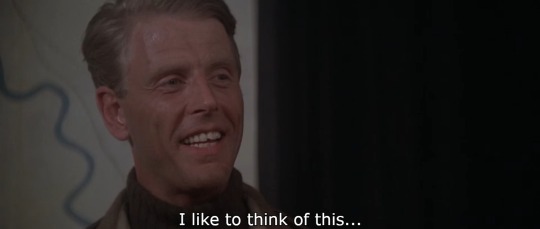

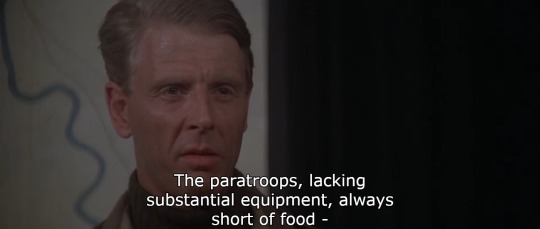

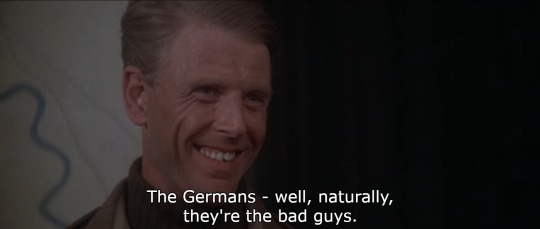


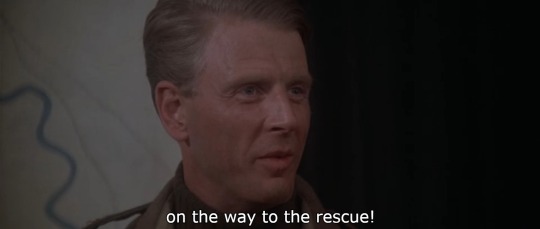
A Bridge Too Far(1977)
#film#a bridge too far#1977#edward fox#richard attenborough#brian horrocks#70s#vintage#world war ii#wwii#fave#...
53 notes
·
View notes
Text
can we talk about how The Zone of Interest is a movie that's really about everything you can't see? can we talk about how the families of German high command officers lived perfectly normal lives behind thick concrete walls that they hoped would become overgrown with vines and flowers so they wouldn't have to be constantly reminded of what was behind it? can we talk about how these men committed unspeakable acts of genocide behind these walls, then came home and went about their day as if everything was right in the world? as if hundreds of human beings weren't being worked/gassed to death and their bodies burned in crematoriums every single day, practically in their backyards? can we talk about how excellently important this film is for Americans today with everything that's happening in the world? can we talk about how the families of those SS officers are just like the Israeli people who colonize the Gaza strip and treat the people who live there like they're inhuman? and can we talk about how their Jewish predecessors, who were hated and hunted and massacred by the millions for generations, are SCREAMING from beyond the grave?
#the zone of interest#oscar nominee#2024 oscars#jonathan glazer#a24#a24 films#a24 movies#martin amis#jewish history#tw: holocaust#ww2 history#ww2#ww2 germany#world war ii#world war 2#world war two#i stand with palestine#free palestine#occupied palestine#palestine#gaza#free gaza#from the river to the sea palestine will be free#palestine will be free#palestine will never die
33 notes
·
View notes
Text

A Bridge Too Far, Richard Attenborough
#a bridge too far#richard attenborough#1977#1970s#70s#wwii#world war ii#uk#british#movie#film#cinema#cinematography#screencaps#stills
11 notes
·
View notes
Text
On March 7, 1941, The Great Dictator debuted in the United States.

Here's some new Charlie Chaplin art!
#the great dictator#charlie chaplin#satire#black comedy#weii#world war ii film#war movies#satirical comedy#classic film#comedy movies#classic cinema#hynkel the phooey#fan art#movie art#art#drawing#movie history#pop art#modern art#pop surrealism#cult movies#portrait#cult film
1 note
·
View note
Text







February 18, 1942: "Lana Turner Spurs Bond Sales! The lovely film star does a land office business for Defense, autographing every purchase . . . and for service men, a special dividend, a real Hollywood clinch!"
#marciabrady#filmedit#film#oldhollywoodedit#classicfilmedit#vintage#wwii#world war ii#lana turner#1940s#mygifs*#newsreels*
435 notes
·
View notes
Photo
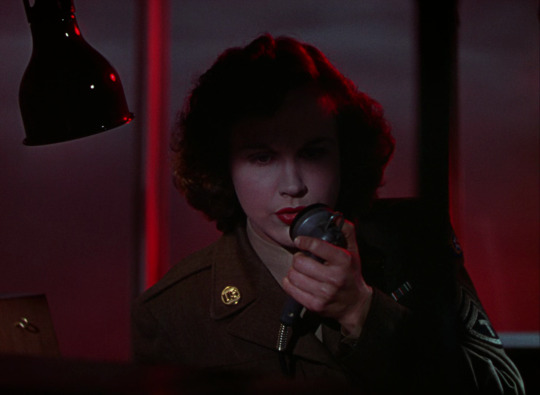

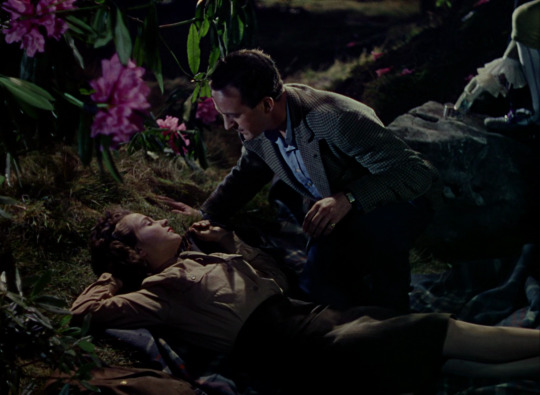


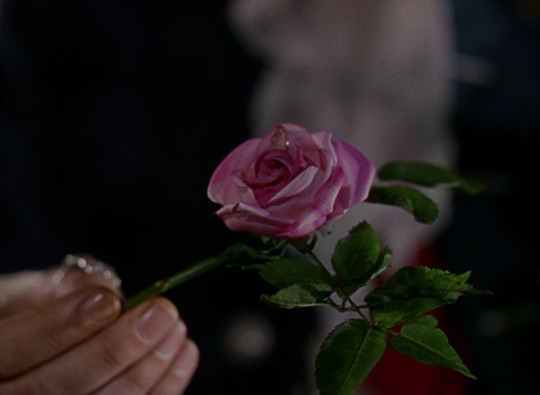


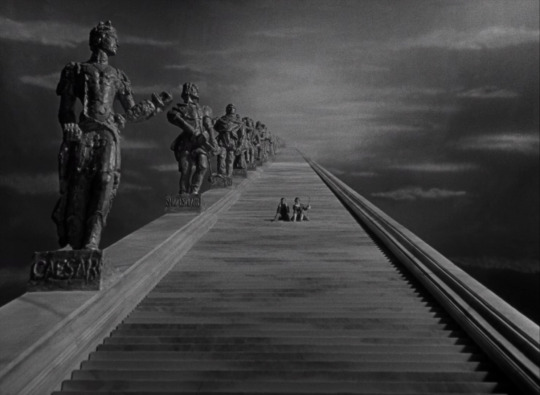
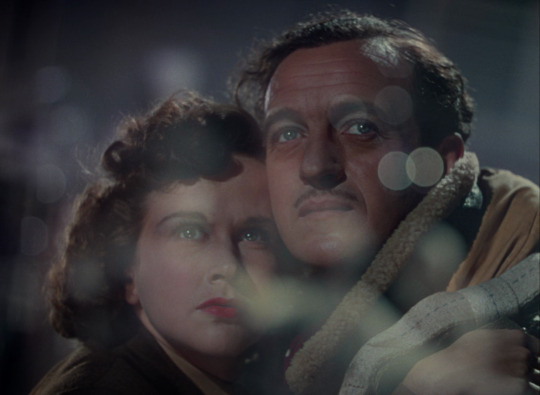
A Matter of Life and Death (Michael Powell & Emeric Pressburger, 1946)
#films watched in 2022#A Matter of Life and Death#Michael Powell#ocho#Emeric Pressburger#David Niven#Kim Hunter#Roger Livesey#Marius Goring#Powell & Pressburger#powell and pressburger#1946#michael powell and emeric pressburger#fantastic#drama#love#death#war#ii world war#hands#flower#flowers#feet#comedy#science fiction#Jack Cardiff#Kathleen Byron
476 notes
·
View notes
Text

The Ministry of Ungentlemanly Warfare (dir. Guy Ritchie).
For those who saw Inglourious Basterds and were left wondering what if the director behind Sherlock Holmes and King Arthur: Legend of the Sword made their own hyper-stylized and even more anachronistic version of a WWII suicide mission from Winston Churchill, this might be for you. It's a wild, over-the-top fictionization of the real-life Operation Postmaster caper involving James Bond creator Ian Fleming and starring Henry Cavill as the historical figure who would become the basis for the icon British super spy character.
#the ministry of ungentlemanly warfare#ministry of ungentlemanly warfare#ungentlemanly warfare#reviews#lionsgate#jerry bruckheimer#eiza gonzalez#alan ritchson#henry golding#alex pettyfer#hero fiennes tiffin#cary elwes#til schweiger#rory kinnear#freddie fox#movie#movies#movie review#film#film review#cinema#wwii#world war ii#operation postmaster
18 notes
·
View notes
Text
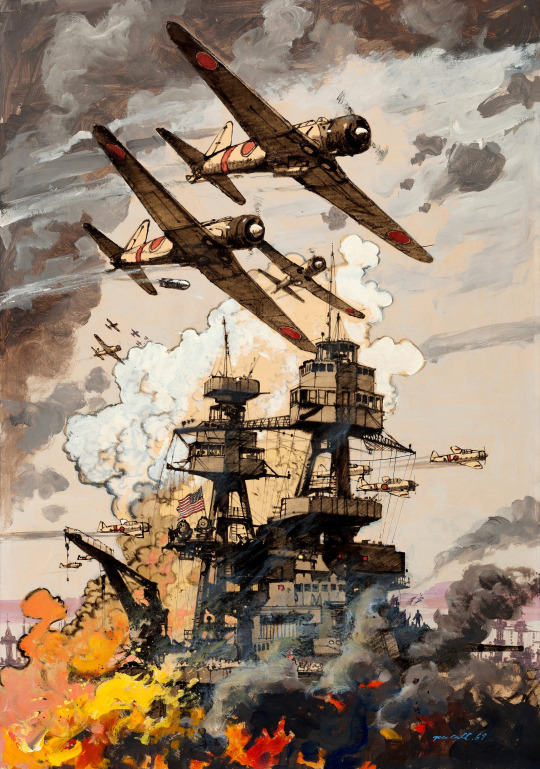
Tora! Tora! Tora! (1970)
Poster art by Robert McCall
#tora! tora! tora!#robert mccall#bob mccall#wwii#world war II#poster#poster art#film#movie#art#illustration#painting#vintage#1970#1970s#pearl harbor
337 notes
·
View notes
Note
Just saw Oppenheimer and I was a bit disappointed with how they portrayed Truman. He came across pretty poorly IMO. It was only one scene but I wondered what you thought.
I understand your disappointment and it certainly wasn't a very in-depth portrayal of Truman, but according to the book that the movie was largely based on -- American Prometheus: The Triumph and Tragedy of J. Robert Oppenheimer by Kai Bird and Martin J. Sherwin (BOOK | KINDLE | AUDIO) -- the meeting that Oppenheimer had with President Truman went down pretty much as depicted in the film.
As Bird and Sherwin write in American Prometheus:
(O)n October 25, 1945, Oppenheimer was ushered into the Oval Office. President Truman was naturally curious to meet the celebrated physicist, whom he knew by reputation to be an eloquent and charismatic figure. After being introduced by Secretary [of War Robert P.] Patterson, the only other individual in the room, the three men sat down. By one account, Truman opened the conversation by asking for Oppenheimer's help in getting Congress to pass the May-Johnson bill, giving the Army permanent control over atomic energy. "The first thing is to define the national problem," Truman said, "then the international." Oppenheimer let an uncomfortably long silence pass and then said, haltingly, "Perhaps it would be best first to define the international problem." He meant, of course, that the first imperative was to stop the spread of these weapons by placing international controls over all atomic technology. At one point in their conversation, Truman suddenly asked him to guess when the Russians would develop their own atomic bomb. When Oppie replied that he did not know, Truman confidently said he knew the answer: "Never."
For Oppenheimer, such foolishness was proof of Truman's limitations. The "incomprehension it showed just knocked the heart out of him," recalled Willie Higinbotham. As for Truman, a man who compensated for his insecurities with calculated displays of decisiveness, Oppenheimer seemed maddeningly tentative, obscure -- and cheerless. Finally, sensing that the President was not comprehending the deadly urgency of his message, Oppenheimer nervously wrung his hands and uttered another of those regrettable remarks that he characteristically made under pressure. "Mr. President," he said quietly, "I feel I have blood on my hands."
The comment angered Truman. He later informed David Lilienthal, "I told him the blood was on my hands -- to let me worry about that." But over the years, Truman embellished the story. By one account, he replied, "Never mind, it'll all come out in the wash." In yet another version, he pulled his handkerchief from his breast pocket and offered it to Oppenheimer, saying, "Well, here, would you like to wipe your hands?"
An awkward silence followed this exchange, and then Truman stood up to signal that the meeting was over. The two men shook hands, and Truman reportedly said, "Don't worry, we're going to work something out, and you're going to help us."
Afterwards, the President was heard to mutter, "Blood on his hands, dammit, he hasn't half as much blood on his hands as I have. You just don't go around bellyaching about it." He later told [Secretary of State] Dean Acheson, "I don't want to see that son-of-a-bitch in this office ever again." Even in May 1946, the encounter still vivid in his mind, he wrote Acheson and described Oppenheimer as a "cry-baby scientist" who had come to "my office some five or six months ago and spent most of his time wringing his hands and telling me they had blood on them because of the discovery of atomic energy."
#Oppenheimer#History#Oppenheimer Film#J. Robert Oppenheimer#Harry S. Truman#President Truman#Truman Administration#Atomic Bomb#Manhattan Project#Trinity Test#Oppenheimer Movie#Christopher Nolan#Cillian Murphy#Gary Oldman#American Prometheus#American Prometheus: The Triumph and Tragedy of J. Robert Oppenheimer#Kai Bird#Martin J. Sherwin#Nuclear Weapons#World War II
80 notes
·
View notes